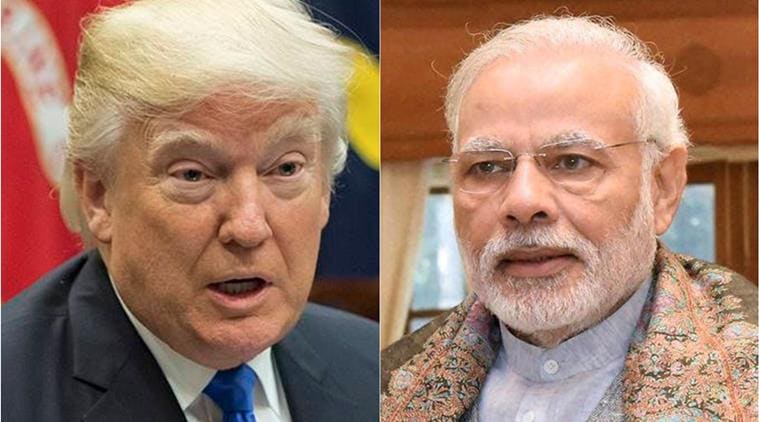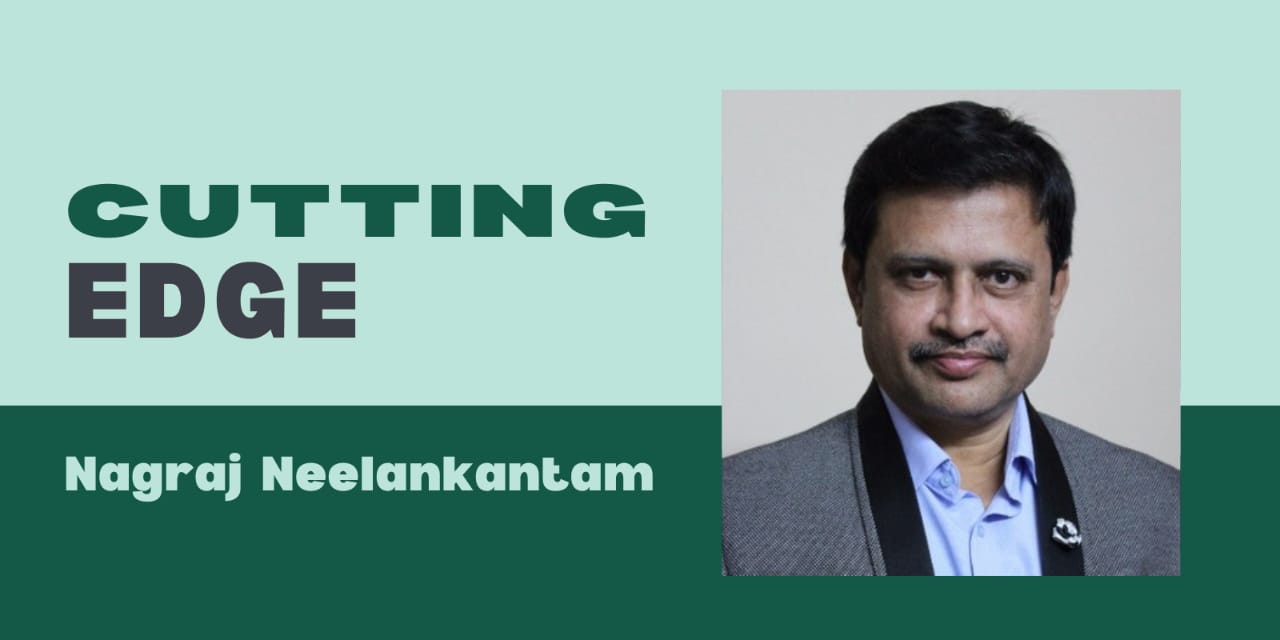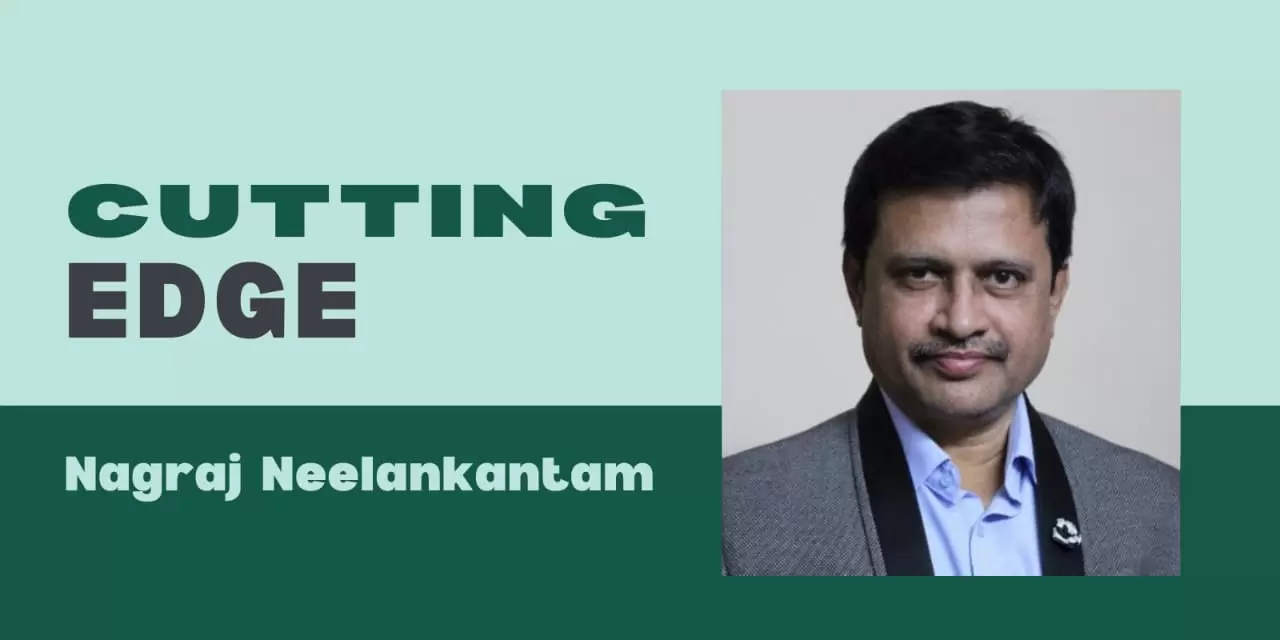There comes a time in a nation’s journey when silence no longer serves dignity—when restraint begins to resemble weakness. For India, that moment has arrived.
Prime Minister Narendra Modi’s declaration of a full trade ban on the United States is not merely about tariffs and treaties. It is a bold proclamation that national honour—atma samman—will no longer be bartered for alliances.
For decades, India extended its hand in friendship, engaging in trade and dialogue in the hope of mutual respect. Since assuming office, Modi has consistently projected a vision of inclusive global development. His maxim—Sabka Saath, Sabka Vikas, Sabka Vishwas, Sabka Prayas—goes beyond political rhetoric. It reflects India’s deeper aspiration: fairness, trust, and collective progress across borders.
Yet, despite New Delhi’s openness and diplomacy, global powers—particularly the United States and its NATO allies—continue to operate within outdated frameworks where dominance masquerades as diplomacy and negotiation often bears the scent of command.
India has now taken a stand, unexpected by many, quietly welcomed by more. This is not defiance; it is assertive maturity. The complete halt in trade with the United States is both symbolic and substantive. It sends an unambiguous message: India will no longer be seen merely as a market or a passive participant in the global economy. It must be recognised as a power that insists on equity.
This is not a call for confrontation, but a declaration of identity. When Modi said, “Enough is enough,” it wasn’t a rhetorical outburst. It was a calm, unshakeable reminder: India’s tolerance has limits—not in volume, but in values.
One of the defining aspects of this decision is the halting of Indian wheat and basmati rice exports to the United States. On paper, this is a trade reconfiguration. In spirit, it is a reassertion of pride. These agricultural products are not mere commodities—they represent the toil of Indian farmers and the cultural heritage embedded in every grain.
India has decided to invest in partnerships where mutual respect is the cornerstone. Countries like Bangladesh, Sri Lanka, and several African nations are emerging as preferred collaborators in agriculture and allied sectors.
This redirection is not guided by temporary retaliation but by long-term strategic clarity. It aligns with India’s growing philosophy of economic independence—atma nirbharta—where self-reliance is not isolation, but dignified interdependence.

By freezing imports from the United States and reviewing bilateral trade instruments, India is not just tweaking its trade policy—it is reshaping its place in the global economic order. For too long, foreign corporations—particularly Western ones—have profited from Indian markets while lobbying hard to protect asymmetrical benefits.
India’s move is not protectionist; it is preservationist. It safeguards sovereignty while reaffirming that cooperation must rest on the foundation of mutual respect.

Even as American corporations express concern and Western analysts predict fallout, the Indian government remains firm. This is more than a trade shift—it is a philosophical realignment.
The image of a roaring tiger—powerful, alert, and unapologetic—aptly captures India’s current posture. No longer subdued, no longer coaxed into unjust arrangements, India’s roar is one of resolve, not rage.
For the first time in decades, Indian diplomacy is being matched by the strength of decisive economic action. The era of appeasement at the negotiation table is over. India now leads from a position of self-assurance.
Yet, this stance does not dilute India’s commitment to peace. It strengthens it. As Modi has said, “This is not the era of wars.” He urges the world to move beyond conflict-driven politics. Trade and diplomacy must serve people, not power.
India’s position also delivers a silent but stern rebuke to the enduring hypocrisy of the “good terrorism vs bad terrorism” narrative—a categorisation that has long shaped Western foreign policy. Modi’s words and actions have made it clear: terror is terror, and selective silence is no longer tolerable.
Similarly, the West’s practice of turning global forums into moral courtrooms is being challenged. India is asserting: the world is not your playground, and sovereign nations are not your pawns.
Domestically, this shift is more than a policy—it is a call for civic awakening. Indians are being encouraged to embrace atma nirbharta not just as an idea, but as a daily practice—in consumption, in production, in thought. Supporting local enterprise, innovation, and agriculture is now framed not just as an economic duty, but as a mark of national dignity.
Globally, India remains open to engagement—but only on equal terms. Nations that honour India’s sovereignty and aspirations will find a committed partner. Those who seek covert dominance will encounter a nation that no longer bends to pressure.
India’s decision to impose a full trade ban on the United States is not just about commerce—it is about character. It asserts that economic growth must not cost dignity, and collaboration must never come at the price of identity.
As the world watches this defining moment, India’s message is unmistakable: it will engage, it will collaborate—but never again at the expense of self-respect.
If one must find a metaphor, envision a tiger. No longer chained, no longer subdued. It does not attack. It simply roars. And in that roar echoes the voice of a civilisation reclaiming its rightful place on the world stage.






